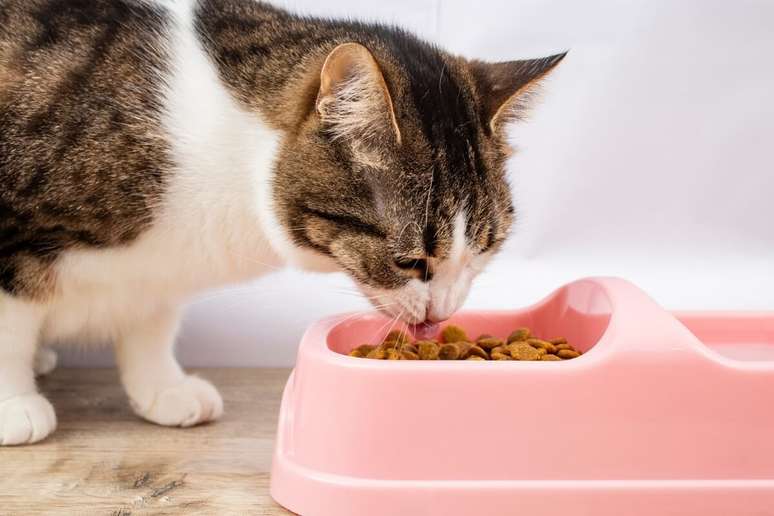Find out how this surgery can affect some animals’ habits and how to provide appropriate care
Castration is a procedure that involves the surgical removal of the reproductive organs, the testes in the case of males and the ovaries and uterus in females. Performed by a veterinarian, the procedure is safe and brings numerous benefits to both the animal and the owner. In addition to preventing the onset of serious diseases, such as uterine infections and mammary tumors, it significantly contributes to controlling feline overpopulation.
Furthermore, castration also brings about changes in the cat’s behavior, as it reduces the influence of sexual hormones. Many of these changes are positive and help improve the feline’s coexistence with its family and other animals. Below, discover some of them!
1. Reduction of aggression
One of the most noticeable changes after neutering is the decrease in aggression. Sex hormones, particularly testosterone in males, are directly linked to territorial and fighting behaviors. After surgery, the levels of these hormones decrease, making the cat calmer and more sociable. This is especially important in homes with other animals, as it reduces the likelihood of fights.
2. Less tendency to mark territory with urine
The habit of marking territory with urine is common in cats not neutered, especially in males. That’s because tagging is a way to stake out your space and attract partners. After neutering, the need to mark territory decreases significantly, and the strong urine odor also tends to disappear.
3. Decrease in excessive vocalizations
Females in heat vocalize to attract mates and males respond with intense meows, especially at night. After castration, these vocalizations related to reproductive behavior cease. This creates a calmer environment for the owners and the cats themselves. However, if the cat still vocalizes excessively, it could be a sign of attention, hunger or discomfort.
4. Reduction of escape attempts
Finding partners is one of the main reasons why cats run away from home. These walks can be extremely dangerous, exposing the animal to accidents, fights and illnesses. After neutering, the need to explore the external environment decreases, making the cat more domesticated.

5. Increased appetite
Many neutered cats have an increased appetite and a tendency to gain weight. This is because the metabolism slows down due to the reduction of sex hormones. To avoid obesity, which can lead to health problems such as diabetes and joint disease, it is important to offer a balanced diet, preferably with foods specifically for sterilized cats.
6. Greater propensity to be sedentary
As reproductive drive declines, many cats become calmer and less active. This behavior is natural, but it can lead to a sedentary lifestyle if the environment is not adequately enriched. This is why it is important to promote daily games that stimulate the feline to run, jump and move. Interactive toys, such as feather wands and balls, are great options for keeping your baby active and healthy.
7. Changes in hunting behavior
Although neutering does not eliminate the hunting instinct, it can reduce its intensity. This happens because energy previously directed towards reproduction is redistributed to other activities. However, it is possible to stimulate the animal’s natural behavior with toys that simulate prey, such as plush mice or toys with automatic movement.
8. Greater affection
Cats neutered often make them more affectionate and close to the tutors. Reduced sex hormones make felines less independent and more likely to seek human companionship. This change is an excellent opportunity to strengthen the bond with petoffering attention, affection and moments of interaction.
9. Decreased heat-related stress
The heat period can be extremely stressful for cats, both physically and emotionally. Hormonal changes generate agitation, vocalizations, territorial behavior and even loss of appetite. After castration, these cycles cease, guaranteeing the animal a more peaceful and balanced life.
Source: Terra
Ben Stock is a lifestyle journalist and author at Gossipify. He writes about topics such as health, wellness, travel, food and home decor. He provides practical advice and inspiration to improve well-being, keeps readers up to date with latest lifestyle news and trends, known for his engaging writing style, in-depth analysis and unique perspectives.








